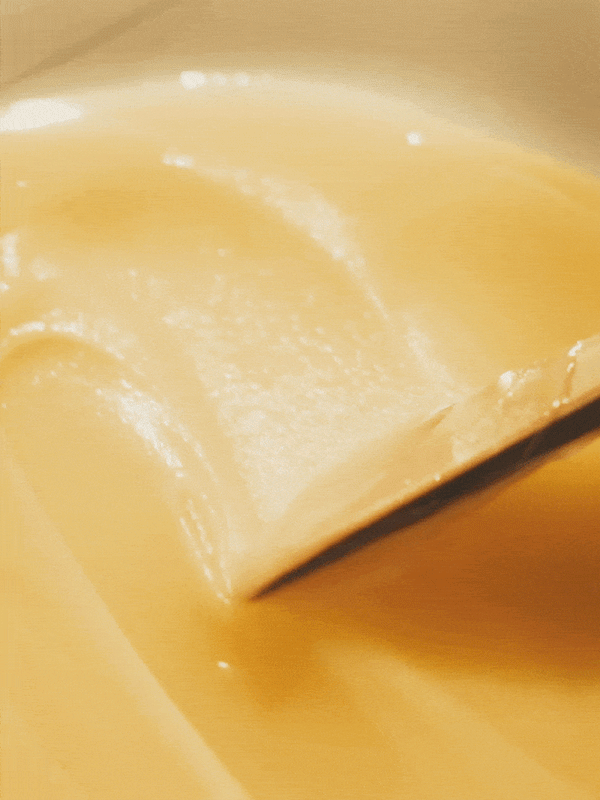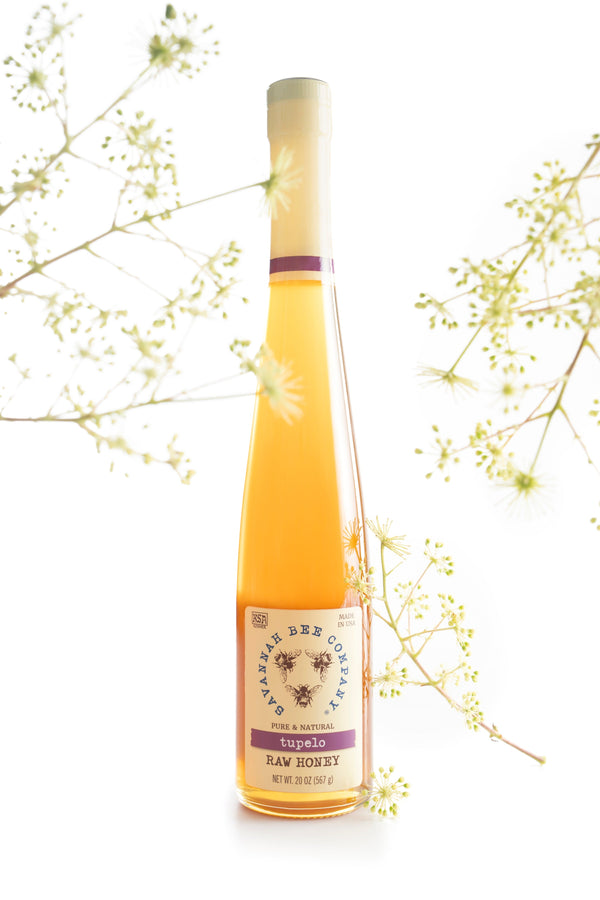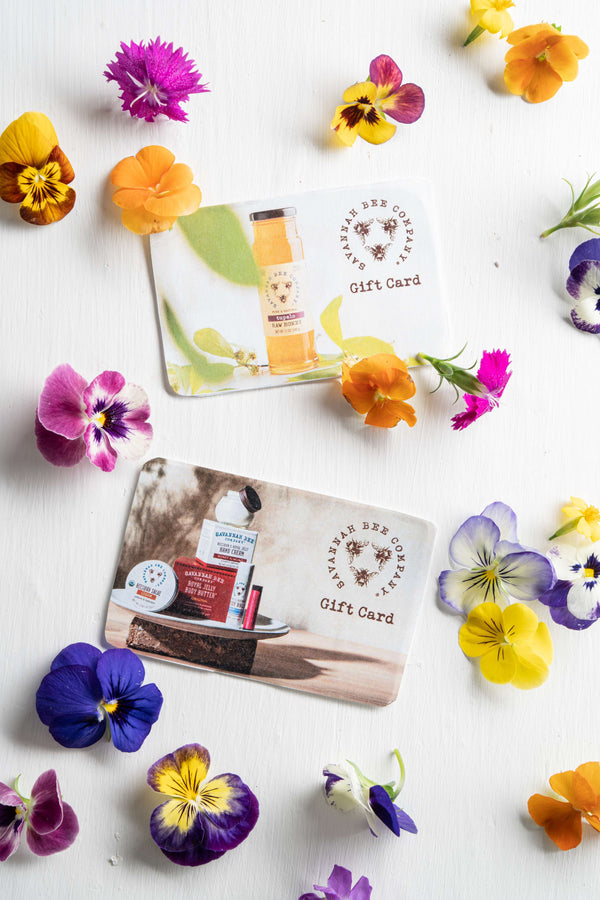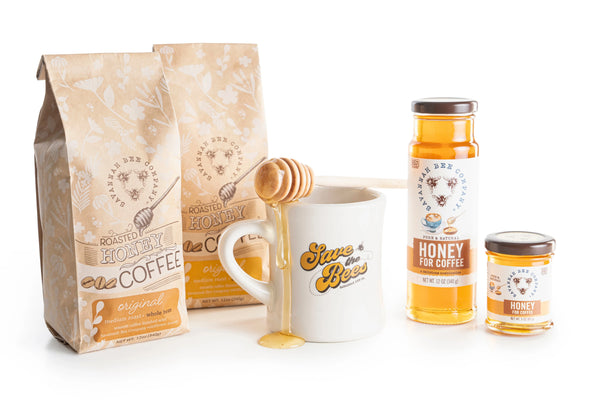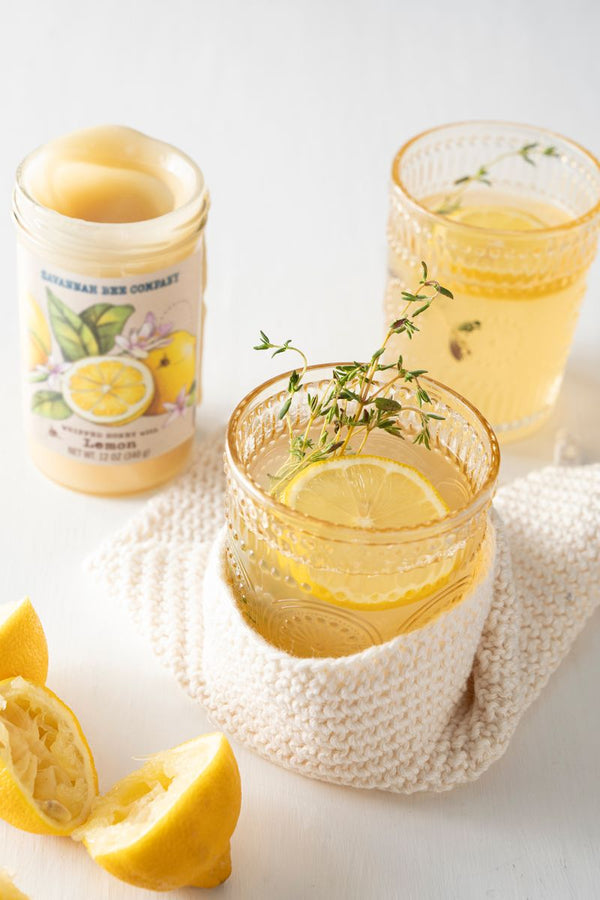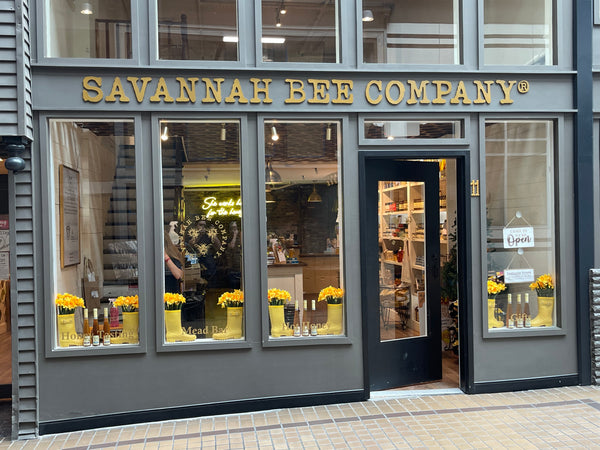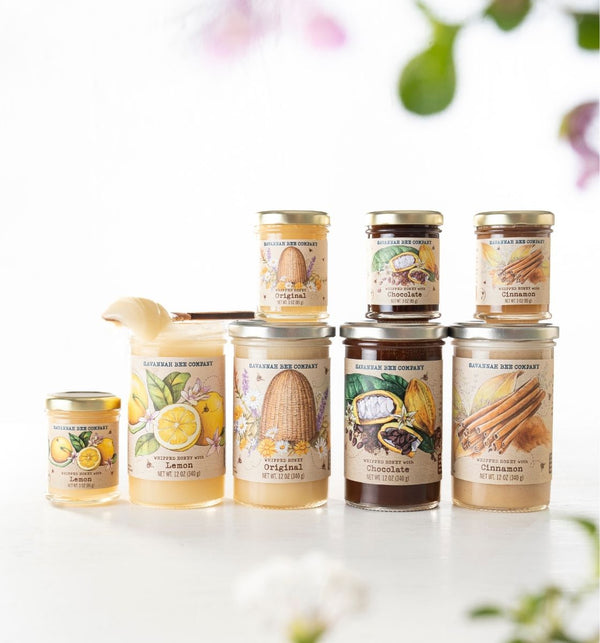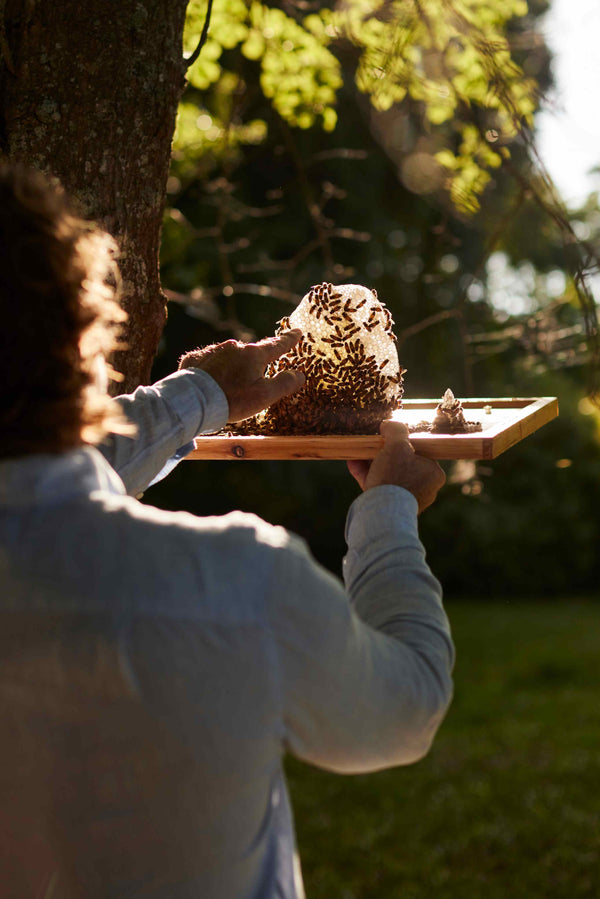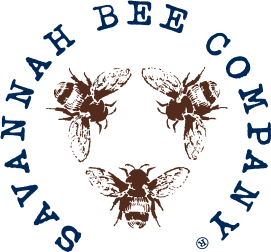Do Women Make Better Beekeepers?

story by Jessica Leigh Lebos
photography of beekeepers Virginia Webb and Katie Goodman by Mike Schalk

No doubt about it, the world of bees is dominated by women.
It’s the female workers that tend to the hive and produce the honey, the complex happenings of the colony overseen by the powerful Queen.
Sure, the male drones play a necessary role in reproduction, but it’s the girls who run the show.
When it comes to human beekeepers, however, women are in the minority.
According statistics, women make up only a third of farming ventures, and the membership of national beekeeping clubs remains more than two-thirds male.
Around the world, while new programs like UNESCO’s Women for Bees are courting female beekeepers, they remain rare.
But it wasn’t always this way. Back in the 19th and early 20th centuries, beekeeping was considered “women’s work,” and many homemakers were expected to keep a few hives in addition to all the other household chores.
“It was like laundry,” says Virginia Webb, who learned beekeeping growing up in eastern Tennessee from her father, an avid hobbyist.

“Honey is such a natural food to eat, and because women were the primary preparers of food, it made sense to make sure they had it in the house.”
Industrial agriculture relieved housewives of some of that burden, and beekeeping came under the auspices of the men in charge of keeping the masses fed.
“Once we started producing food to feed 200 million people, it also grew the need for beekeeping on that large scale,” continues Virginia.
“Y’know, 2000 acres of cucumbers or 5000 acres of apples or 3000 acres of watermelons—you have to have a managed pollinator, and that’s more complicated than a few hives behind the house.”
Virginia knows a little something about keeping bees.
Since those first hives she cultivated with her dad “back when Kennedy was president,” the lifelong apiarist, 4-H champion, and former Tennessee “Honey Queen” turned professional in the late 1990s after marrying legendary beekeeper and queen producer Carl Webb.
The couple operated Mtn Honey in Clarksville, GA for several decades, earning four gold medals for “Best Honey in the World” for their outstanding sourwood varietal.
Along the way, Virginia saw an opportunity to teach others about the “gentle craft” of beekeeping, becoming the first woman to be elected president of the Georgia Beekeepers Association.
She continues to be a highly-sought after consultant, sharing her wisdom everywhere from the U.S. Dept. of Agriculture to state fairs to school classrooms.
“It's amazing how women are being recognized not only for their beekeeping skills but also their skills of working with organizations,” she remarks of the slow but rising female presence among the hives.
“Women are being noted that their leadership is important within beekeeping itself.”
Her husband Carl passed in 2020, leaving his apprentice Katie Goodman to continue his legacy and support Virginia in the business.
About five years before, Katie had sort of “backed into” beekeeping—and right into one of its most knowledgeable legends.
“I’m a gardener, and I thought maybe my tomatoes would do better if I had some honeybees,” she recalls.
“Of course, I later learned that of course honeybees don't even pollinate tomatoes. But I got involved in my local beekeeping club, and there was a gentleman that stood up and said that he was going to need some help that summer. That was Carl.”

Katie helped him and Virginia manage the 600 bee colonies on their flower-filled mountain property, receiving a once-in-a-lifetime education to the art of beekeeping.
“We had a lot of windshield time together,” she says. “I got a four-year degree in about three months.”
These days Mtn Honey is a fully woman-owned and operated business, and Virginia and Katie agree that women are as good at beekeeping as men, if not better.
“I think there’s a synergy there,” muses Virginia. “We have a gentler approach, and bees need to be treated gently. Like babies.”

“Women are natural nurturers, and that’s what a beehive really needs,” adds Katie. “I’m not a mom, but I think it’s just in our DNA.”
That theory is upheld by Leonora Adumchuck, the founder of the Foundation of Women Beekeepers, an advocacy non-profit based in Ukraine.
“It is very harmonious that the bee colony is cared for by a woman,” explains Leonora, a professor of Environmental Science in Kyiv and an active participant in worldwide beekeeping organizations.
“In our opinion, women ‘feel’ bees differently than men, and can work with bees in natural harmony.”
She describes the apiaries kept by women as “clean and full of flowers,” even during the challenges of war. The foundation’s members have continued to provide beeswax candles and propolis-based medicines to soldiers at the front lines.
In addition to promoting initiatives to protect bee habitats, promote pollination, and improve food security, the foundation supports female leadership with the idea that when you nurture one aspect of life, you nurture it on every level.
“We work with love and maternal care for people, bees, and the environment,” says Leonora passionately.
“We consider the Bee and the Woman as the two figures who with their beauty, harmony, diligence, and wisdom will save the world.”
The potential power of bees and women is the foundation of the UNESCO pilot program launched in 2021, which will train 50 women over five years and foster an international network of female beekeepers.
“When women gain skills and knowledge, their instinct is to help raise others,” says UN spokeswoman Angelina Jolie (yes, that Angelina Jolie!) of the vital role more women in beekeeping will play in feeding the planet.
As more women come to beekeeping, adaptations in equipment are making it easier for them to manage, such as smaller frames, as well as other innovations.
“I'm really impressed that there are new tools that can aid women,” says Virginia.
“Also, Katie introduced me to this little air conditioner you put around your neck that helps keep you cooler.”
“Yeah, hot flashes are no joke!” laughs Katie.
While it remains subjective as to whether women are better beekeepers than men, international awards speak for themselves.
The women of Mtn Honey recently won a fifth gold medal for the “Best Honey in the World” at the Apimondia conference, held in Turkey this year.
“I think women are the future of beekeeping,” says Virginia with decisive nod.

Published



